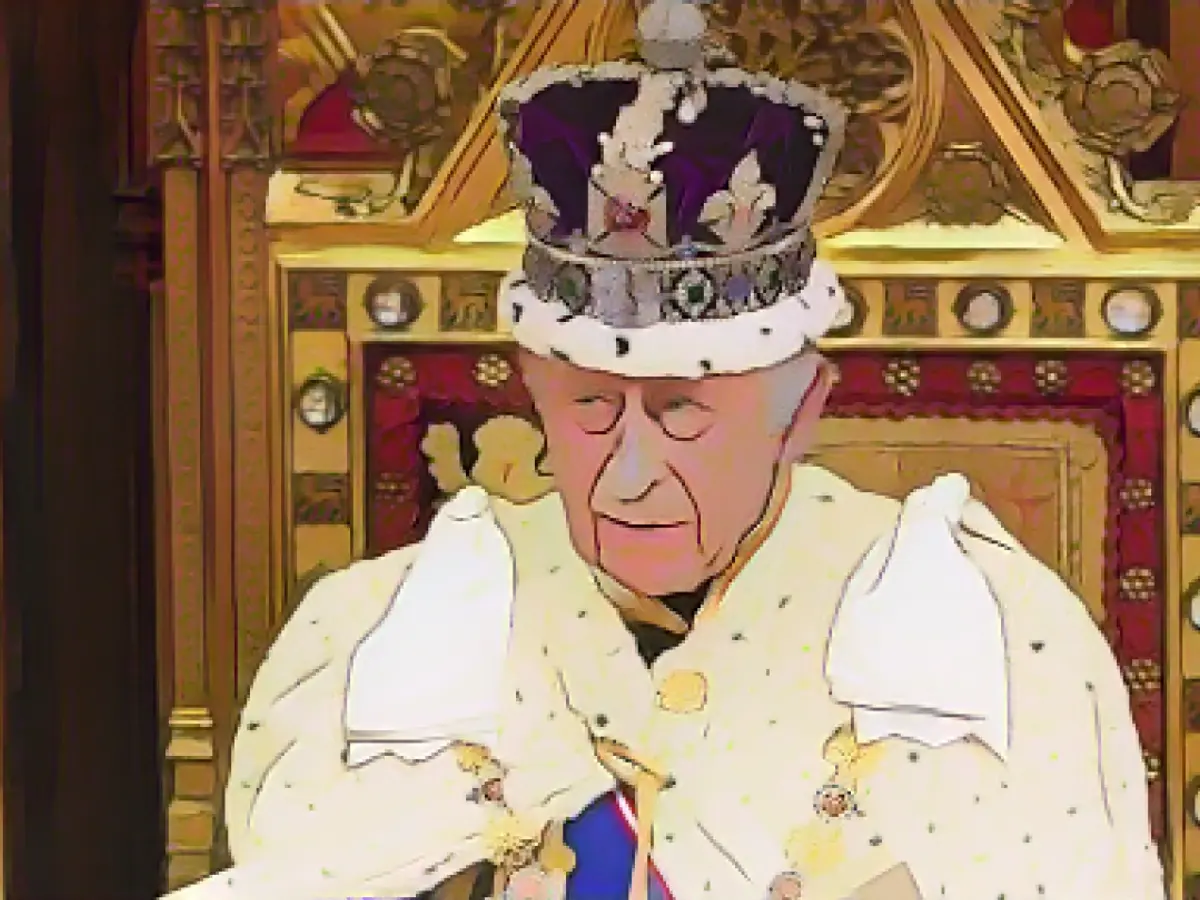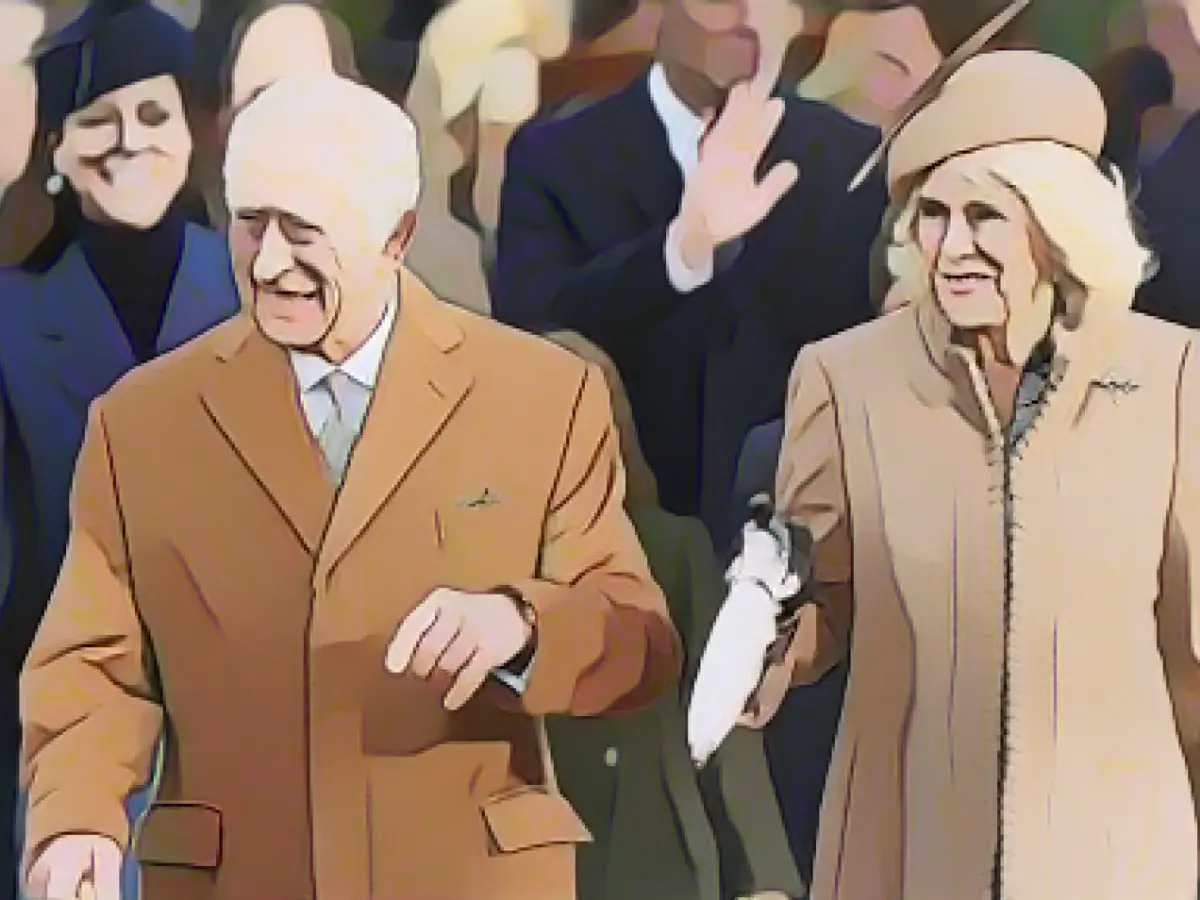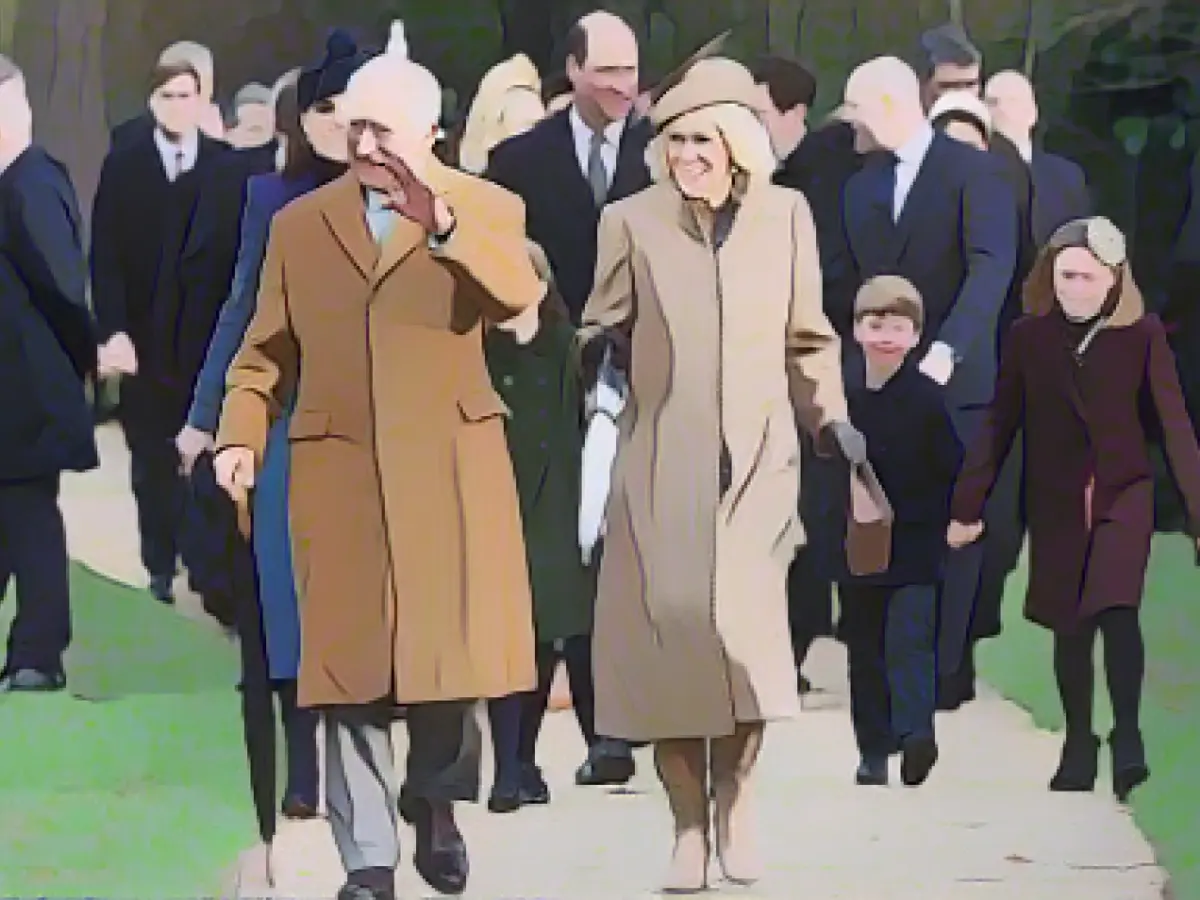Title: The Controversy Surrounding King Charles' Homeopathic Doctor: Michael Dixon's Unconventional Medical Practices
King Charles III's personal physician, Michael Dixon, has been a subject of controversy in the UK due to his support for homeopathy and alternative therapies. According to the Daily Mail, Dixon, aged 71, advocates for the healing power of homeopathic remedies in the correct dosage. His belief that such treatments could potentially cure cancer has sparked worry and criticism from experts.
Dixon's role as the personal physician to the royal family extends beyond taking care of King Charles. As the head of the medical team, he is responsible for attending to matters such as births, deaths, injuries, and illnesses within the royal family. Although his tenure as the royal family's physician has only been a year, his beliefs and practices have stirred up a storm.
Scientific skepticism about homeopathy's efficacy and the practices of advocates like Dixon have fueled the controversy. There are concerns about the regulation of herbal and alternative treatments, as well as the potential for financially exploiting vulnerable patients with unproven remedies. The quality of education in complementary therapies is another area of concern.
Despite these concerns, it's worth noting that Michael Dixon is a general practitioner with an interest in complementary approaches to health and wellbeing, not specifically a homeopathic physician for Charles III, as reported by the sources.
Critics point out several issues with Dixon's beliefs and practices in complementary medicine:
- Scientific Skepticism: The medical community expresses skepticism about the efficacy of homeopathy and other alternative treatments, as the lack of robust scientific evidence fuels their doubts.
- Regulatory Issues: Concerns surrounding the regulation of herbal and alternative treatments have been raised, with some experts criticizing organizations like the Prince's Foundation for Integrated Health (FIH) for promoting alternative medicine without sufficient scientific backing.
- Professional Standards: The use of alternative treatments like homeopathy has been criticized for potentially misleading patients and for financially exploiting them with unproven remedies.
- Educational Concerns: The quality of education in complementary therapies is under scrutiny due to concerns about the dilution of knowledge through cascade training methods.
However, these criticisms do not specifically target Michael Dixon as Charles III's homeopathic physician, as he is not explicitly mentioned as such in the sources.
Regardless, the controversy surrounding Charles III's personal physician's unconventional medical beliefs is a topic of ongoing discussion in the UK.








